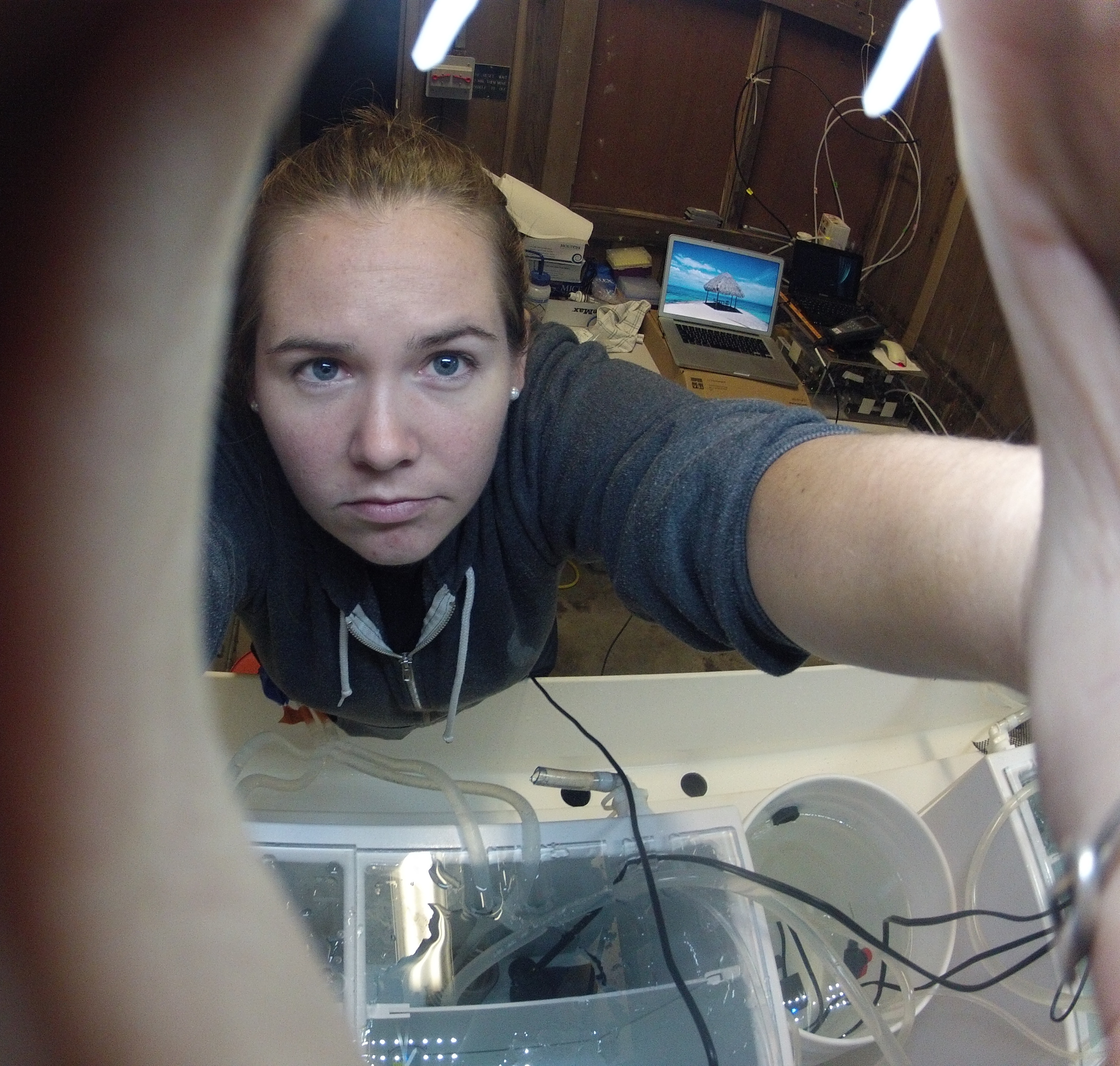In your repo:
Add mkdocs-material-dib as a submodule:
git submodule add https://github.com/dib-lab/mkdocs-material-dib.git
echo "site/" >> .gitignore
Commit:
git add .gitmodules .gitignore mkdocs-material-dib
git commit -m 'Add mkdocs-material-dib submodule'
Install mkdocs and ghp-import if necessary:
conda install -c conda-forge mkdocs
conda install -c conda-forge ghp-import
Edit site info and create docs
Grab a mkdocs.yml file that you can edit. For example, this is the one for a metatranscriptomics workshop
we taught in Nov 2018. To see what that site looks like, go here.
wget https://raw.githubusercontent.com/ngs-docs/2018-cicese-metatranscriptomics/master/mkdocs.yml
Edit the info in mkdocs.yml to reflect your repo name and address, color, and sidebar navigation (nav). You’ll also see that you can change the names for your docs directory and built web pages, but I assume here that they are docs and site, respectively.
Make a docs directory where you’ll add the markdown docs for the website. Add a simple hello world or similar md file to start.
mkdir -p docs
echo '# Hello World' > docs/index.md
Deploy the site
Go to Settings in your repo, and enable Github Pages for your repository.
In your repo, build the site:
mkdocs build
View your site locally:
mkdocs serve
Push your changes to gh-pages:
ghp-import site -p
Check your Github Pages URL for your simple md file:
https://<repo-owner>.github.io/<repo-name>
Continue to edit your docs, using mkdocs build to build the html version of the site, and ghp-import to push to gh-pages. Voila!
The first time you clone a repo with a mkdocs submodule:
(for example, if you set this up on a different computer, but want to edit the docs)
If you want to edit the docs, you’ll need to grab the mkdocs-material-dib submodule.
If cloning the repo for the first time:
git clone --recursive https://github.com/<repo-owner>/<repo-name>.git
recursive will pull the submodule as well as the main git repo.
If you already have the repo, and need to pull in the submodule:
git submodule update --init
For more details, follow the instructions here
Setting up automatic deploys with GitHub Actions
See an example in the the Speeding Up Science repo.
ci.ymldefines the workflow that runs on every PR, and checks if there are no errors during themkdocs buildprocess.build_docs.ymldefines an extra deploy step using actions-gh-pages for deploys to themasterbranch (the GitHub Pages branch for this repo). You need to set up a deploy key and ACTIONS_DEPLOY_KEY in secrets to be able to do that, follow instructions in the actions-gh-pages README for more info.
